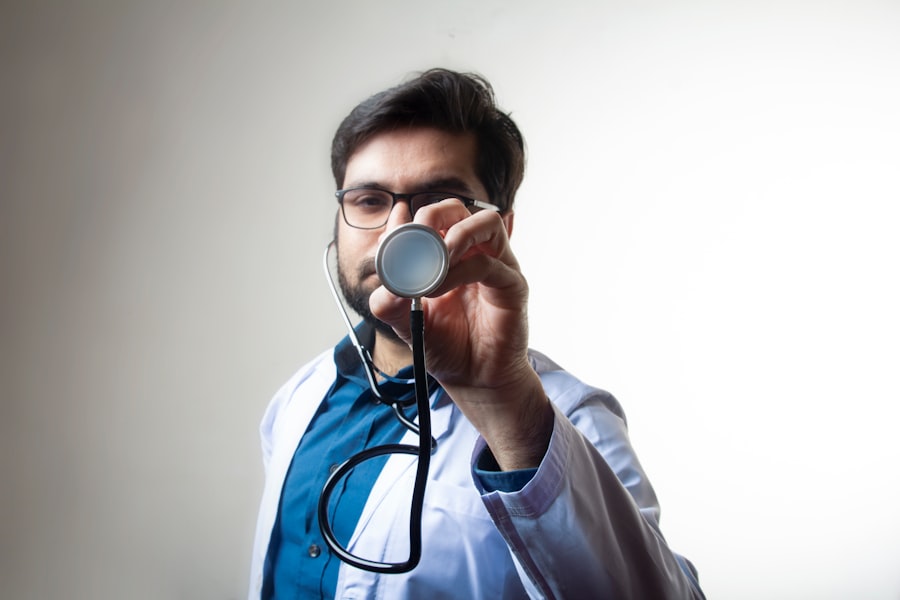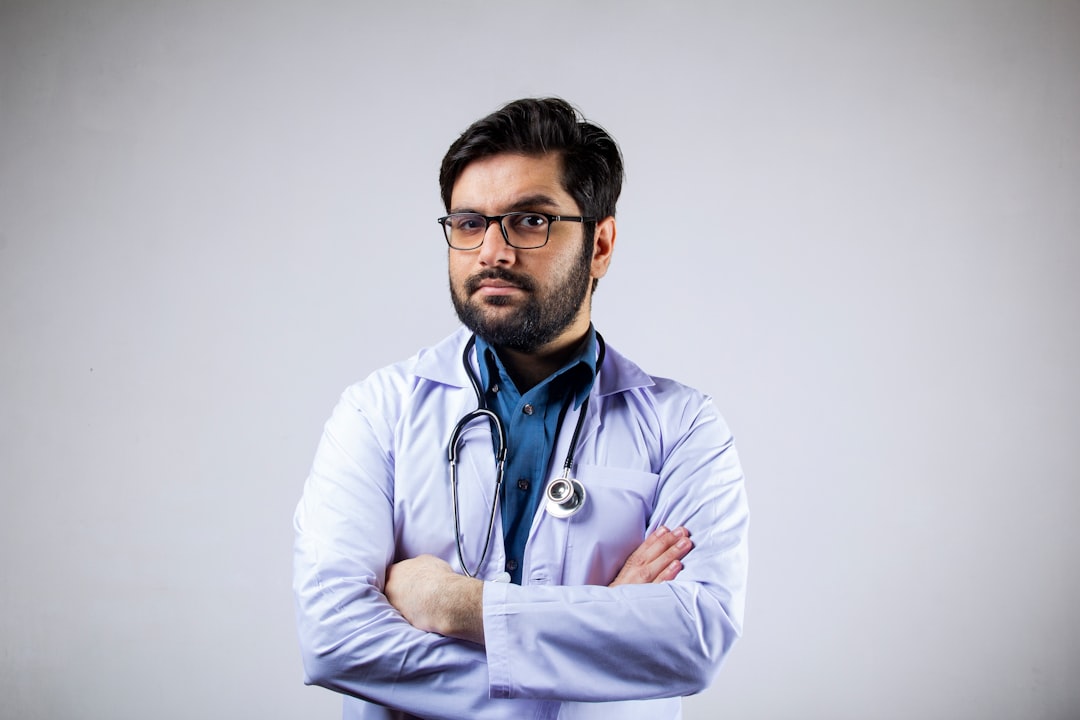The Norwegian healthcare system is renowned for its comprehensive and equitable approach to health services, ensuring that all residents have access to necessary medical care. Funded primarily through taxation, the system operates on the principle of universal coverage, meaning that every citizen and resident is entitled to healthcare services regardless of their financial situation. This model is designed to promote public health and reduce disparities in access to care, making it a cornerstone of Norwegian society.
In Norway, healthcare is largely decentralised, with services provided at both the national and local levels. The government oversees the overall framework, while municipalities are responsible for delivering primary healthcare services. This dual structure allows for a tailored approach to meet the specific needs of local populations.
The system encompasses a wide range of services, including preventive care, treatment for acute and chronic conditions, mental health services, and rehabilitation. As a result, residents can expect a high standard of care that is both accessible and efficient. Book your 1-hour strategy session with Norway Relocation Group.
Summary
- The Norwegian healthcare system is based on universal coverage and is funded through taxes, providing access to essential healthcare services for all residents.
- Finding a General Practitioner (Fastlege) in Norway is a crucial step in accessing primary healthcare services, and residents are required to register with a specific GP in their local area.
- Registering with the National Registry is necessary for accessing healthcare services in Norway, and residents must have a Norwegian identification number to do so.
- When choosing a General Practitioner, residents should consider factors such as location, language proficiency, and availability of appointments.
- Making an appointment with a General Practitioner in Norway can typically be done online or by phone, and same-day appointments are often available for urgent medical needs.
Finding a General Practitioner (Fastlege) in Norway
Finding a general practitioner, or “fastlege,” is a crucial step for anyone residing in Norway. The fastlege serves as the first point of contact for patients seeking medical assistance and plays a vital role in coordinating care. Each resident is entitled to choose their own fastlege, which fosters a sense of continuity and trust in the patient-doctor relationship.
To find a suitable fastlege, individuals can utilise the online directory provided by the Norwegian Health Directorate, which lists available practitioners based on location and specialisation. When selecting a fastlege, it is essential to consider factors such as proximity to home or work, language proficiency, and areas of expertise. Many practitioners offer services in English, which can be particularly beneficial for expatriates or those who may not be fluent in Norwegian.
Additionally, some fastleges may have specific interests or specialisations, such as paediatrics or geriatric care, which can influence one’s choice depending on individual health needs.
Registering with the National Registry

Before accessing healthcare services in Norway, it is necessary to register with the National Registry (Folkeregisteret). This registration process is essential for establishing residency and ensuring that individuals are eligible for public healthcare benefits. To register, newcomers must provide documentation such as proof of identity, residency status, and any relevant immigration papers.
This process can typically be completed at the local tax office (Skatteetaten) or online through the official government website. Once registered, individuals will receive a unique identification number known as the “fødselsnummer,” which is crucial for accessing various services within the healthcare system. This number not only facilitates medical appointments but also allows for seamless communication between healthcare providers and ensures that medical records are accurately maintained.
It is advisable to complete this registration promptly upon arrival in Norway to avoid any delays in receiving necessary medical care.
Choosing a General Practitioner
Choosing a general practitioner is an important decision that can significantly impact one’s healthcare experience in Norway. Patients are encouraged to take their time when selecting a fastlege, as this relationship can last for many years. Factors to consider include the practitioner’s experience, approach to patient care, and availability for appointments.
Many individuals find it helpful to seek recommendations from friends or colleagues who have experience with local practitioners. In addition to personal recommendations, prospective patients can also read reviews and ratings of fastleges online. This information can provide valuable insights into the quality of care offered by different practitioners.
Furthermore, it is essential to ensure that the chosen fastlege is accepting new patients, as some may have limited availability due to high demand. Once a decision has been made, patients can register with their chosen fastlege through the online portal or by contacting the practice directly.
Making an Appointment
Making an appointment with a general practitioner in Norway is a straightforward process that can often be done online or via telephone. Most fastleges have an online booking system that allows patients to schedule appointments at their convenience. This system typically provides information on available time slots and enables patients to select appointments based on their preferences.
For those who prefer to speak directly with someone, calling the practice is also an option. When making an appointment, it is advisable to have your personal identification number ready, as this will be required for verification purposes. Additionally, patients should be prepared to briefly explain the reason for their visit, as this information helps the fastlege allocate appropriate time for the appointment and prepare for any necessary examinations or tests.
Transferring Medical Records

Transferring medical records is an important aspect of continuity of care when moving to a new country or changing general practitioners within Norway. Patients are entitled to request their medical records from their previous healthcare provider, which can then be shared with their new fastlege. This process ensures that important health information is readily available and helps prevent any gaps in care.
To initiate the transfer of medical records, patients should contact their previous healthcare provider and request a copy of their records. In Norway, this request can often be made through an online portal or by submitting a written request. It is essential to provide relevant identification details and specify which records are needed.
Once received, patients can either deliver these records directly to their new fastlege or authorise the previous provider to send them directly.
Accessing Emergency Care
In Norway, accessing emergency care is straightforward and prioritises patient safety above all else. The emergency number for medical assistance is 113, which connects callers to ambulance services and emergency medical personnel. In cases of life-threatening situations or severe injuries, it is crucial to call this number immediately for prompt assistance.
For non-life-threatening emergencies that require immediate attention but do not warrant an ambulance call, patients can visit their nearest emergency room (akuttmottak) at hospitals. These facilities are equipped to handle urgent medical situations outside regular office hours and are staffed by trained professionals who can provide necessary treatment. It is important to note that while emergency care is available to all residents, there may be associated costs depending on the nature of the treatment received.
Understanding Healthcare Costs
While Norway’s healthcare system is primarily funded through taxation, patients may still encounter certain costs associated with medical services. For instance, there are fees for consultations with general practitioners and specialists, as well as charges for prescription medications and hospital stays. However, these costs are generally kept at a manageable level due to government regulations aimed at ensuring affordability.
Patients should be aware that there is an annual cap on out-of-pocket expenses for healthcare services in Norway. Once this threshold is reached, individuals are exempt from further costs for the remainder of the year. This system helps protect residents from excessive financial burdens related to healthcare needs.
It is advisable for newcomers to familiarise themselves with these costs and any potential subsidies or exemptions they may qualify for based on their circumstances.
Communicating with Your General Practitioner
Effective communication with your general practitioner is essential for receiving optimal care in Norway’s healthcare system. Patients are encouraged to express their concerns openly and ask questions during appointments to ensure they fully understand their health conditions and treatment options. Many fastleges are accustomed to working with patients from diverse backgrounds and may offer consultations in English or other languages if needed.
In addition to face-to-face consultations, patients can also communicate with their fastlege through secure messaging systems provided by many practices. This feature allows individuals to ask follow-up questions or seek advice without needing an in-person appointment. However, it is important to remember that urgent medical issues should always be addressed through direct contact rather than relying solely on electronic communication.
Accessing Specialized Care
Accessing specialised care in Norway typically requires a referral from your general practitioner. If your fastlege determines that you need further evaluation or treatment from a specialist, they will issue a referral that outlines your medical history and specific concerns. This referral process helps ensure that patients receive appropriate care tailored to their needs while also streamlining access to specialised services.
Once referred, patients will receive information about available specialists and how to schedule an appointment. In some cases, waiting times for specialised care can vary significantly depending on demand and the nature of the condition being treated. It is advisable for patients to remain proactive during this process by following up with their fastlege if they have not received timely communication regarding their referral.
Seeking Support and Resources
Navigating the Norwegian healthcare system can be daunting for newcomers; however, various support resources are available to assist individuals in understanding their rights and accessing necessary services. Local health authorities often provide information on healthcare options through websites and community outreach programmes aimed at educating residents about available resources. Additionally, organisations such as the Norwegian Red Cross offer support services that include health information hotlines and assistance with navigating healthcare processes.
For expatriates or those facing language barriers, seeking help from community groups or cultural associations can also provide valuable insights into accessing healthcare effectively. As part of this journey towards understanding Norway’s healthcare system, learning the Norwegian language can significantly enhance communication with healthcare providers and improve overall experiences within the system. The NLS Norwegian Language School offers tailored courses designed specifically for those looking to improve their language skills in practical contexts such as healthcare interactions.
By enrolling in these courses, individuals can gain confidence in speaking Norwegian while also familiarising themselves with relevant medical terminology—an invaluable asset when navigating appointments or discussing health concerns with their general practitioner. In conclusion, understanding Norway’s healthcare system involves several key steps—from finding a general practitioner and registering with the National Registry to accessing specialised care and communicating effectively with providers. By taking advantage of available resources and support systems while also considering language courses at institutions like NLS Norwegian Language School, newcomers can ensure they receive comprehensive care tailored to their needs within this robust healthcare framework.
Speak Norwegian with confidence. Enroll in a class at the NLS Norwegian Language School now.

